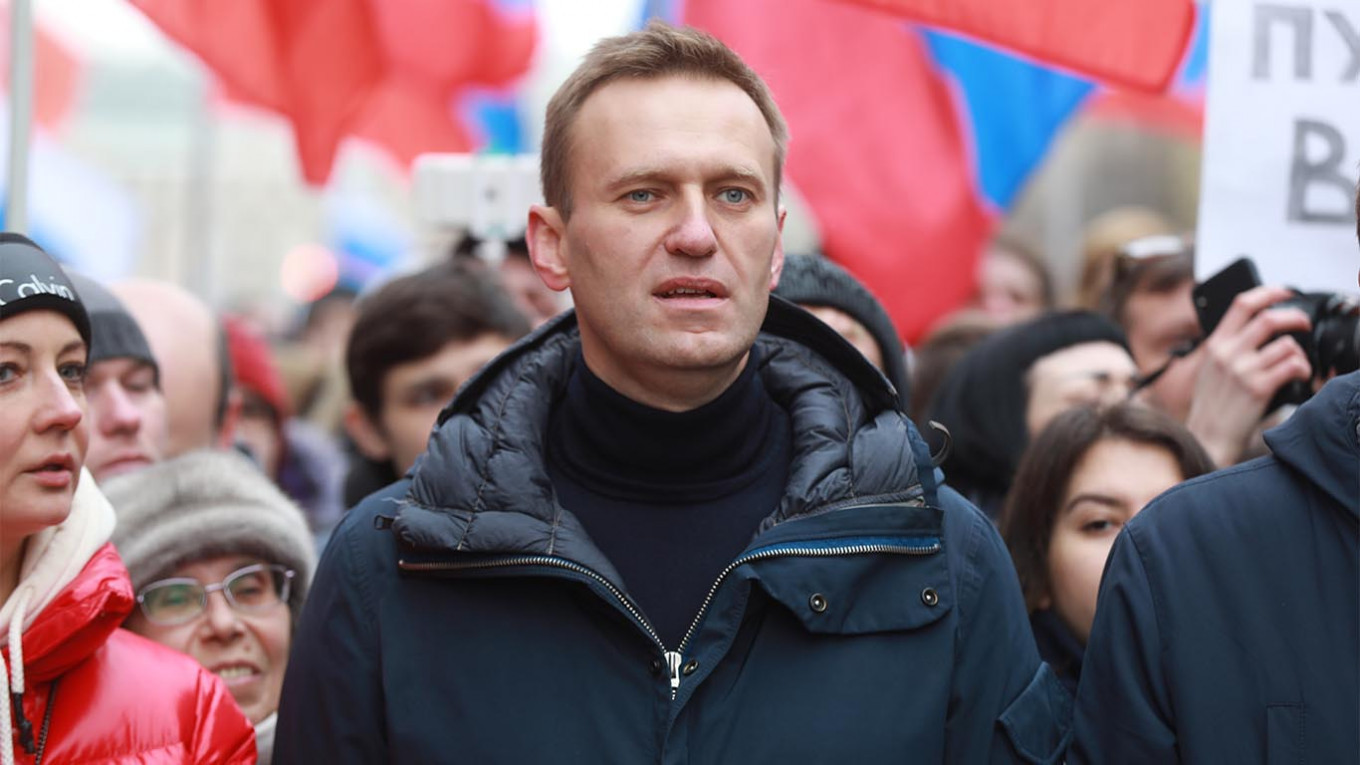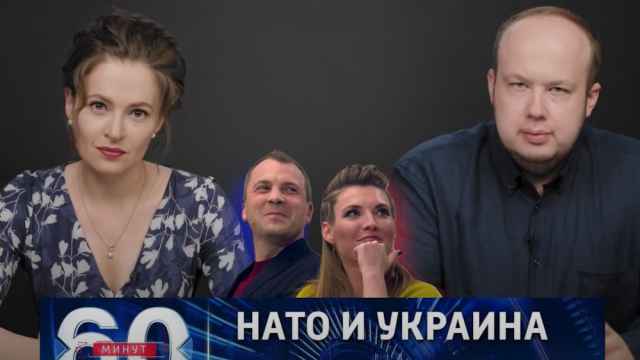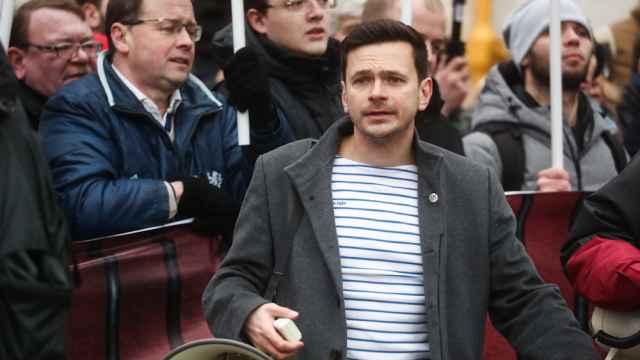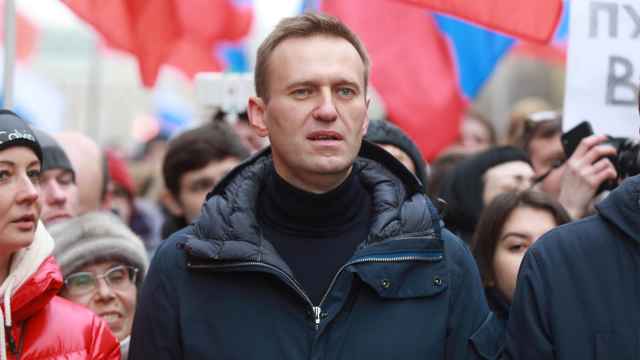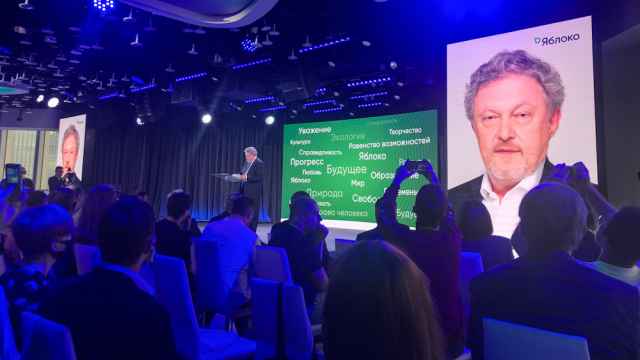The global chemical weapons watchdog said on Tuesday that samples taken from Russian opposition leader Alexei Navalny, who claims he was poisoned by the Kremlin, contained a Novichok-type nerve agent.
The findings by the Organisation for the Prohibition of Chemical Weapons (OPCW) confirm similar results by a military laboratory in Germany, where Navalny was treated in hospital, and labs in France and Sweden.
OPCW chief Fernando Arias "considered that these results constitute a matter of grave concern," the Hague-based watchdog said in a statement.
The OPCW said that the blood and urine samples taken from Navalny in Germany by the watchdog's own experts contained signs of a "cholinesterase inhibitor" — a type of nerve agent.
The traces "have similar structural characteristics as the toxic chemicals" found in two Novichok chemicals that were banned by the Hague-based body in 2019.
The specific type of Novichok found in the Navalny samples was however not itself one of those placed on the banned list last year, the OPCW added.
Germany had formally requested the OPCW's "technical assistance," which member states are entitled to do when they believe there has been a chemical weapons incident.
OPCW chief Arias added that "the use of chemical weapons by anyone under any circumstances (is) reprehensible and wholly contrary to the legal norms established by the international community."
He said it was "important now" for (OPCW member states) "to uphold the norm they have decided to adhere to more than 25 years ago" when they signed the UN Chemical Weapons Convention.
Navalny was medically evacuated to Germany in late August after falling ill on a plane and spending several days in a Siberian hospital.
Tests by a German military laboratory found he was poisoned with the Soviet-designed nerve agent Novichok.
Russia insists its medical tests did not find poison in Navalny's system and has not accepted Germany's declarations, saying it requires more evidence.
Moscow has for several years alleged political bias at the OPCW, saying that it is being used as a tool by Western powers to target both Moscow and its ally Damascus.
The OPCW said on Monday it was "ready" to respond to a request from Moscow to send experts to Russia but "sought further clarification... on the type of expertise contemplated".
The watchdog has blamed Syria for a number of chemical attacks, most recently accusing the Syrian air force of a sarin attack on a village in 2017.
Western governments piled pressure on Moscow during this week's meeting of the OPCW Executive Council, the watchdog's governing body of member states.
Britain said there was "no doubt" Novichok was used to poison Navalny.
"The Russian authorities must fully investigate the circumstances of this chemical weapons attack on their soil," British representative Nicola Stewart told the meeting.
Britain has been pushing Russia for answers since the Novichok attack on former Soviet spy Sergei Skripal and his daughter in the English town of Salisbury in 2018. They survived but a British woman died.
Canada said Russia "must explain what happened so that those responsible may be held to account without delay."
The OPCW was founded in 1997 to uphold the Chemical Weapons Convention and now has 193 member states. In 2013 it was awarded the Nobel Peace Prize for its work in ridding the world of chemical weapons.
A Message from The Moscow Times:
Dear readers,
We are facing unprecedented challenges. Russia's Prosecutor General's Office has designated The Moscow Times as an "undesirable" organization, criminalizing our work and putting our staff at risk of prosecution. This follows our earlier unjust labeling as a "foreign agent."
These actions are direct attempts to silence independent journalism in Russia. The authorities claim our work "discredits the decisions of the Russian leadership." We see things differently: we strive to provide accurate, unbiased reporting on Russia.
We, the journalists of The Moscow Times, refuse to be silenced. But to continue our work, we need your help.
Your support, no matter how small, makes a world of difference. If you can, please support us monthly starting from just $2. It's quick to set up, and every contribution makes a significant impact.
By supporting The Moscow Times, you're defending open, independent journalism in the face of repression. Thank you for standing with us.
Remind me later.


